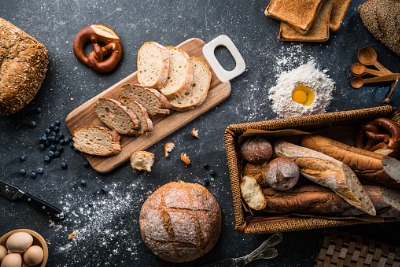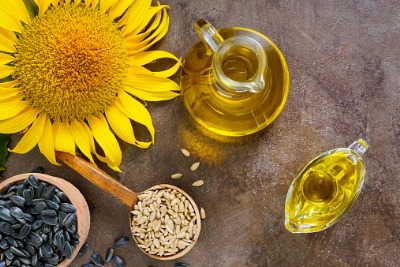
Understanding Mono & Diglycerides: Do They Need Halal Certification?
Mono- and diglycerides may not be familiar names, yet they appear in many everyday foods—from creamy salad dressings to soft sandwich bread. These scientific-sounding substances play a key role in modern food manufacturing and raise an important question for Halal-conscious consumers: Are they permissible?
What Are Mono- & Diglycerides?
Mono- and diglycerides are emulsifiers made of a glycerol molecule bonded to one (mono) or two (di) fatty acid chains. Also known as E471, they help blend ingredients like oil and water, improve texture, and extend shelf life. Commonly found in bread, ice cream, peanut butter, and margarine, they may occur naturally but are mostly produced on an industrial scale. While considered safe by food authorities, their source is a major concern for Halal consumers.

Animal or Plant Based?
The source determines their permissibility. Mono- and diglycerides can be made from plant oils like soybean or sunflower, or from animal fats—often beef tallow, which is cheaper and more abundant. Although plant- and animal-based versions share the same chemical structure, their origins decide if they meet Halal, kosher, vegan, or vegetarian standards. Without clear labeling, consumers may struggle to make informed choices.
Halal Status & Certification Needs
“Halal” means permissible under Islamic law. If mono- and diglycerides come from plant oils, they are Halal. However, if sourced from pork or from animals not slaughtered according to Halal standards, they become questionable. Since manufacturers often don’t disclose the source, the safest option for Halal consumers is to look for products with credible Halal certification.
Organizations like Islamic Services of America (ISA) verify that additives meet Halal requirements and that no cross-contamination occurs during production. ISA’s certifications are recognized in key markets such as the UAE and Southeast Asia, making them valuable partners for companies aiming to meet global Halal standards. Without certification or a clear plant-based label, Halal consumers are advised to avoid products containing mono- and diglycerides.
Finding Plant-Based Alternatives
With rising demand for Halal-friendly options, more companies are switching to plant-based emulsifiers. Common alternatives include:

- Soy lecithin
- Sunflower lecithin
- Enzymatically processed plant oils
Halal consumers should look for labels such as “vegan,” “plant-based,” or “non-GMO” to ensure an animal-free origin. Other natural emulsifiers like guar gum, pectin, or starches offer additional options. When in doubt, contacting manufacturers or store managers can provide clarity.
The growing push for ethical, transparent, and clean-label foods is improving clarity around Halal compliance, but inconsistencies remain. Until full transparency becomes standard, Halal consumers should carefully read labels, rely on reputable Halal certifications from organizations like ISA, and support brands that openly disclose the source of their mono- and diglycerides. Doing so ensures both dietary integrity and confidence in what’s on the plate.
Islamic Services of America (ISA) is a leading USA based Halal certification and auditing organization serving companies, the community, and the Halal certification industry for over 50 years. Contact ISA at isa@isahalal.com or send your initial inquiry to Halal certify your products at https://www.isahalal.com/contact or visit the ISA website for more information at https://www.isahalal.com/. All images used on our website are exclusively licensed from www.istock.com. Any false claims regarding the ownership of these images will result in legal action and prosecution.